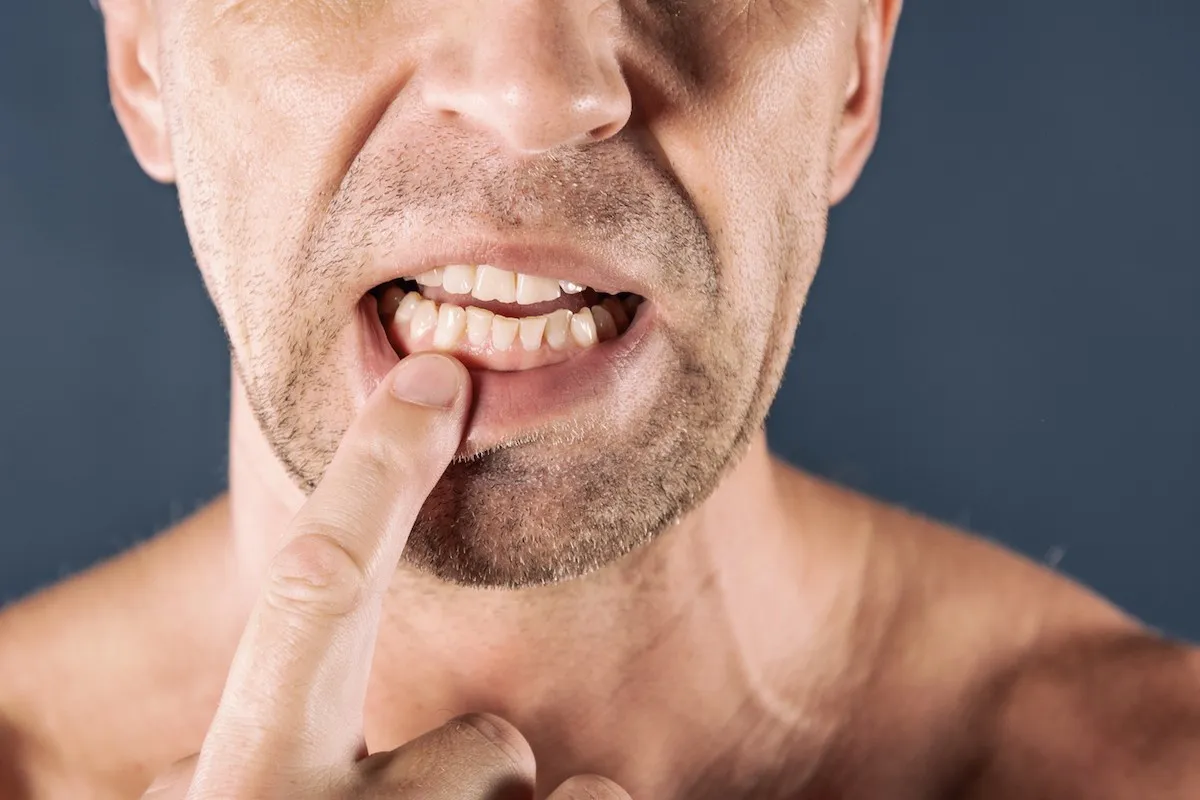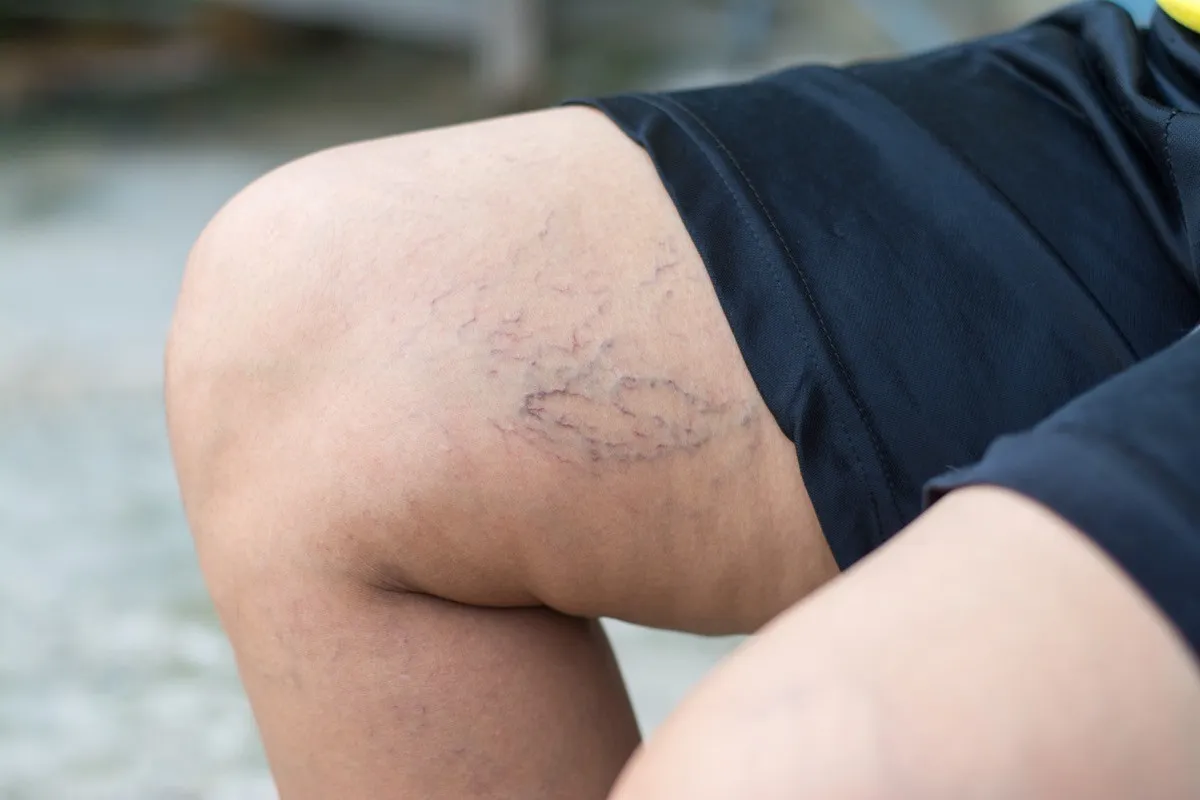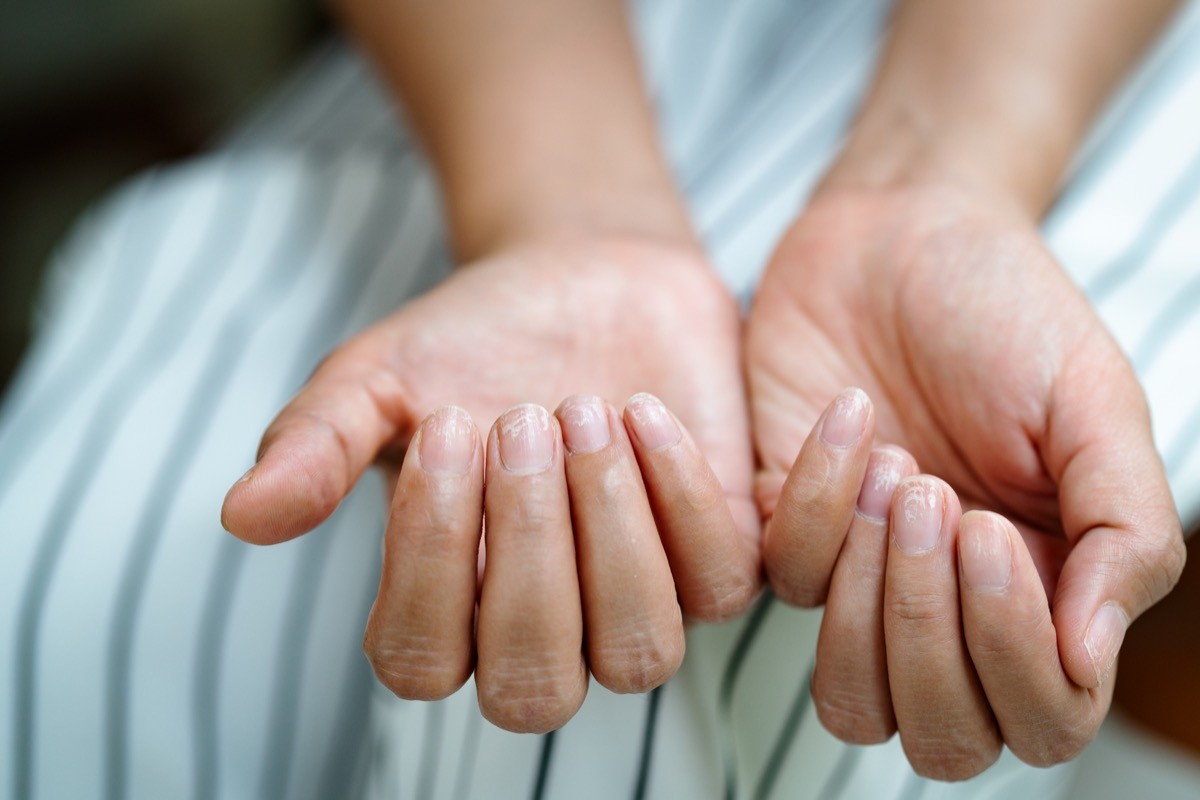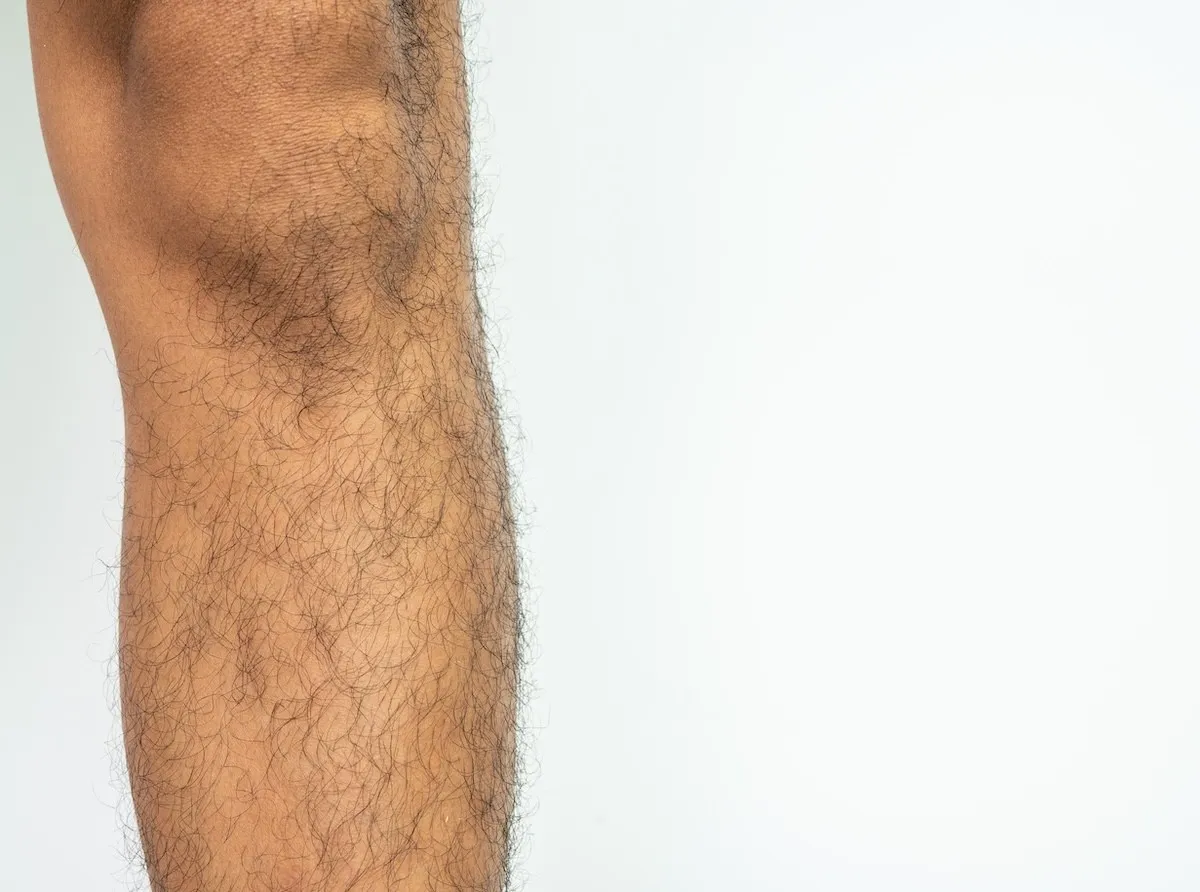10 Surprising Signs You Have a Vitamin C Deficiency, According to Doctors

Vitamin C is essential for health, supporting the immune system while helping to maintain skin, teeth, bones, and more. Fortunately, most healthy adults find it easy enough to get adequate levels of vitamin C through their diets by eating fruits like oranges, strawberries, and kiwis or vegetables like bell peppers and broccoli. However, some people may find that due to a poor diet, an underlying health condition, or certain lifestyle habits that limit absorption, they develop a vitamin C deficiency.
“For short-term treatment, vitamin C supplements can be taken with a prescription,” says Michael Chichak, MD, medical director at MEDvidi. “For a deficiency, a dose of 500–1,000 mg daily of Vitamin C supplements is recommended, but this will vary depending on the individual’s overall health. Also, slight changes in lifestyle, such as not drinking or smoking or even reducing stress, all of which deplete vitamin C, can help as well.”
If you suspect a deficiency, your doctor can run a blood test to confirm if your vitamin C levels are low and offer personalized recommendations for moving forward. “With the right approach, vitamin C levels can often be restored quickly, and symptoms usually improve within weeks,” says Pamela Tambini, MD, a double board-certified physician in internal medicine and addiction medicine and the medical director at Engage Wellness.
Of course, the first step is recognizing the signs of a problem so you can alert your medical team. According to doctors, here are the top 10 surprising signs that you have a vitamin C deficiency.
RELATED: 8 Surprising Vitamin D Side Effects, According to Doctors.
1
Fatigue and weakness

Fluctuations in your energy levels could serve as an early indicator of a vitamin C deficiency. In fact, one of the earliest signs of vitamin C deficiency is persistent fatigue and general weakness.
“Vitamin C plays a key role in energy production and reducing oxidative stress in the body. Without sufficient vitamin C, your body struggles to maintain energy levels, often feeling sluggish even after adequate rest,” Tambini explains.
2
Frequent bruising

Another common sign of vitamin C deficiency is frequent or unexplained bruising, which can occur when the blood vessel walls become weakened due to a lack of collagen.
“Since vitamin C strengthens capillaries, low levels may cause blood vessels to break more easily, even with minor bumps or pressure,” Tambini explains.
Katherine Maslen, ND, a naturopathic doctor, nutritionist, author, and host of The Shift Podcast at The Shift Clinic, says there’s another way that having low levels of vitamin C can cause bruising: “You need vitamin C to absorb iron so if you’re not having enough your iron could become low – which leads to bruising more easily.”
RELATED: 7 Low Magnesium Symptoms to Watch Out For, According to Doctors.
3
Slow wound healing

Similarly, your injuries may take longer to heal or develop more visible scarring if you’re suffering from low levels of vitamin C.
“Vitamin C is essential for collagen production, wound healing, and skin integrity. It also supports the immune system by helping white blood cells function efficiently,” says Tambini. “A deficiency can lead to slower wound healing and increased susceptibility to infections.”
4
Bleeding or swollen gums

Your oral health may also suffer when your vitamin C levels are low.
“Your gums rely heavily on collagen; insufficient vitamin C can cause them to become inflamed, swollen, and prone to bleeding,” says Tambini. “In severe cases, this can even lead to loose teeth. It may indicate a deficiency if you notice your gums bleeding while brushing or flossing.”
Chichak adds that vitamin C deficiency is linked to enhanced gum tissue destruction, which subsequently increases the risk of gum infections.
RELATED: 5 Supplements That Can Damage Your Kidneys, Doctors Say.
5
Rough, dry, or scaly skin

Your dermatological health could also offer clues as to whether you’re getting enough vitamin C—especially if you notice that your skin is looking rough, dry, or scaly.
“Vitamin C is essential for collagen production, which helps keep your skin firm, hydrated, and resilient,” Tambini notes. “A deficiency can result in dry, rough, or scaly skin. In advanced cases, tiny red or purple spots may appear, signaling weakened blood vessels just beneath the skin.”
Adding topical vitamin C to your skincare routine can also have a beneficial, anti-aging effect. It protects against sun damage and free radicals, which can harm your dermatological health on the cellular level.
6
Varicose veins or spider veins

Maslen says that those with low levels of vitamin C may also notice that they develop varicose veins or spider veins as a result: “Vitamin C helps to keep vein walls strong and flexible, so if you are prone to spider veins or varicose veins vitamin C may be lacking.”
RELATED: 12 Supplements You Should Never Take Together, Medical Experts Say.
7
Joint and muscle pain

It’s not uncommon for those with arthritis or other forms of joint and muscle pain to take a vitamin C supplement since it contains antioxidants that can help reduce inflammation, easing pain. It also helps produce collagen and proteoglycan, which are important for joint cartilage.
“Collagen is also crucial for healthy cartilage, tendons, and ligaments. Low levels of vitamin C can weaken these connective tissues, leading to joint pain, muscle aches, and stiffness. Over time, this can limit mobility and physical activity,” Tambini warns.
8
Brittle or spoon-shaped nails

Spoon-shaped nails can have a range of underlying causes, including autoimmune diseases, hyperthyroidism, and iron deficiency. However, severe vitamin C deficiency can also cause this surprising symptom.
“If your nails are thin, brittle, or developing spoon-like indentations, this may be linked to a vitamin C deficiency. Poor collagen production can weaken nail growth,” Tambini explains.
RELATED: This Uncommon Supplement Can Improve Your Sleep and Mood, New Study Says.
9
Mood changes and irritability

It’s not uncommon for vitamin C to also impact mood and mental health. In fact, a 2013 study found that vitamin C supplementation successfully increased “plasma vitamin C concentrations to normal and was associated with a 71% reduction in mood disturbance and a 51% reduction in psychological distress” among hospitalized patients who had vitamin C and vitamin D deficiencies.
“Vitamin C affects neurotransmitter production, which helps regulate mood,” Tambini explains. “A deficiency can lead to irritability, anxiety, or even mild depressive symptoms.”
10
Corkscrew-shaped body hair

Finally, the texture of your body hair can also point to a vitamin C deficiency, especially if you notice that it’s changed over time. You’re most likely to notice these brittle, tightly wound hairs on your legs and arms, though they can also appear on the scalp, face, and other areas of the body.
“Hair follicles depend on collagen to maintain healthy growth. In severe cases of vitamin C deficiency, hair can become brittle, dry, or even develop a corkscrew-like shape,” says Tambini.